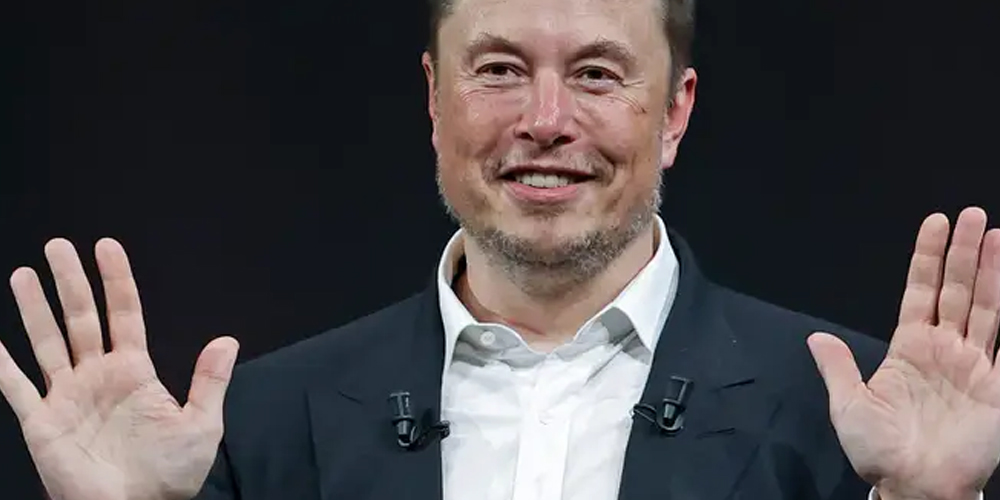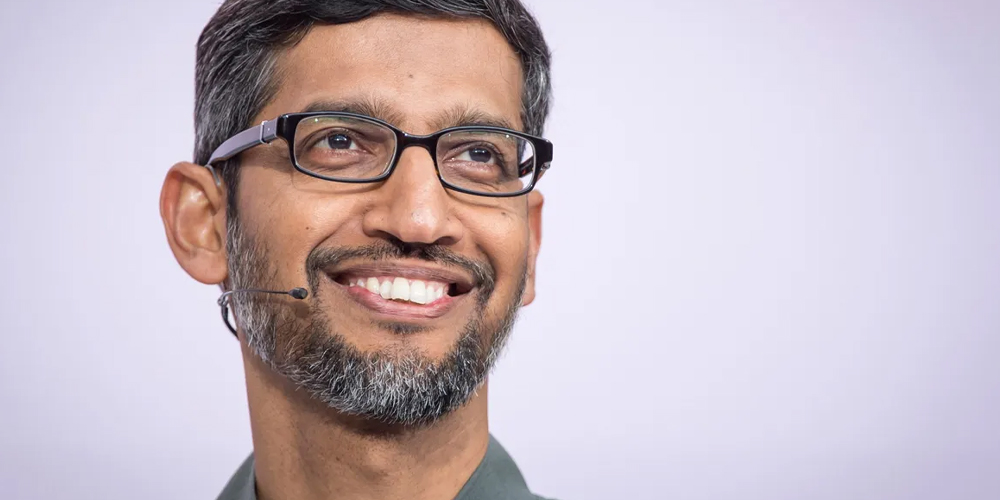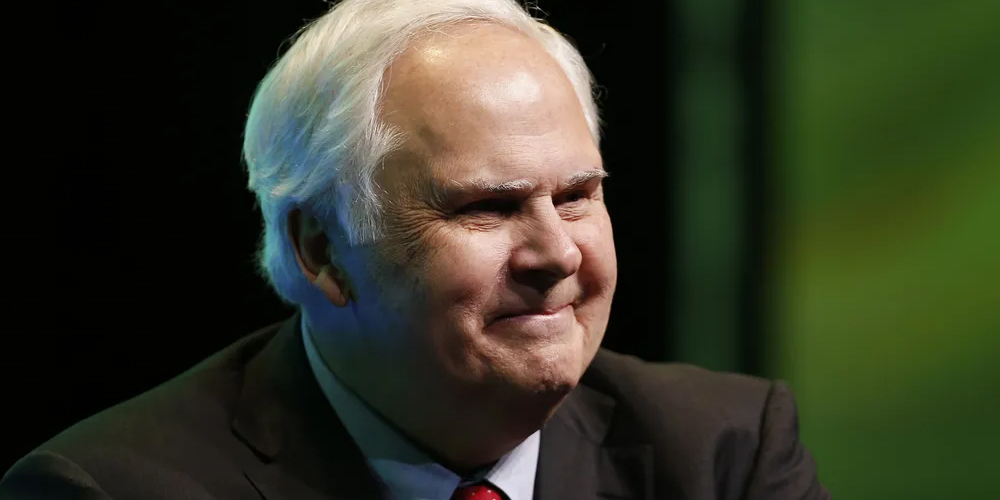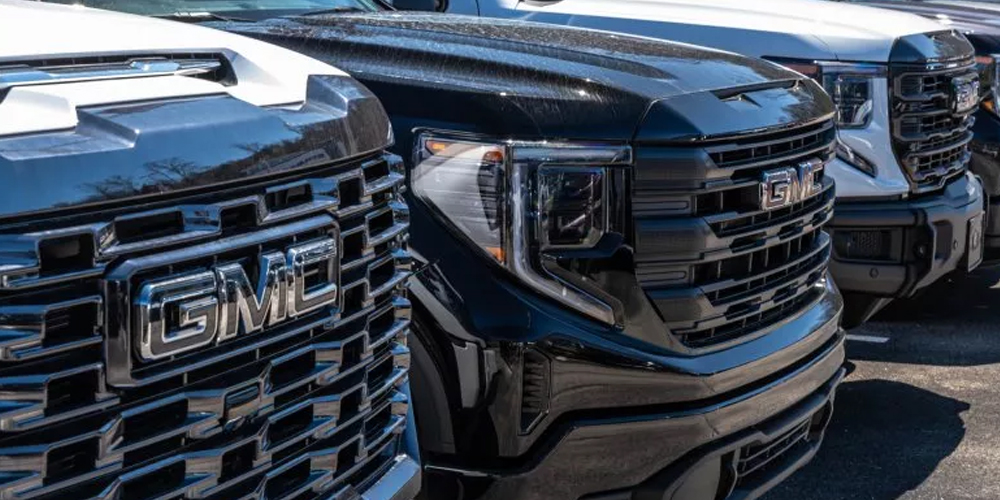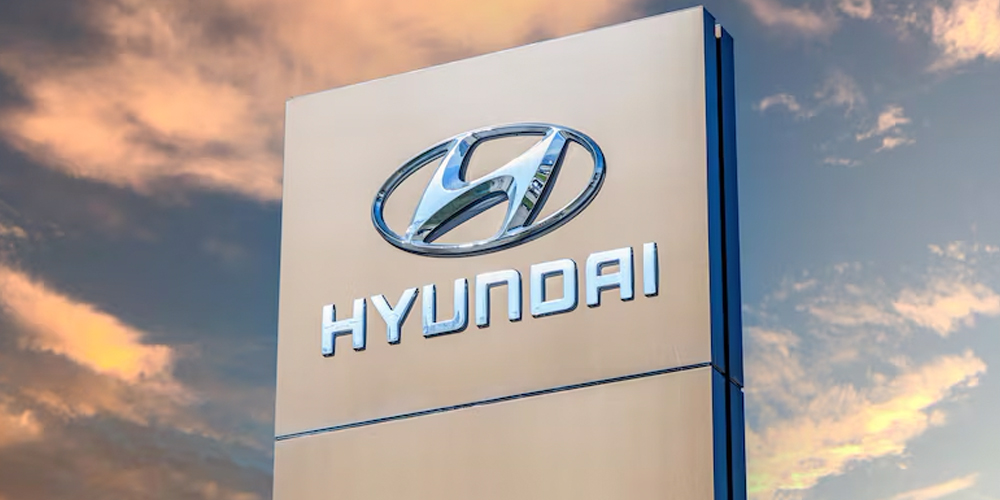Elon Musk, a name synonymous with innovation, disruption, and ambition, has rapidly become one of the most influential business figures of the 21st century. As the founder and CEO of multiple groundbreaking companies, including Tesla, SpaceX, Neuralink, and The Boring Company, Musk’s impact on various industries—from electric vehicles to space travel—is immeasurable. His relentless pursuit of what some consider impossible challenges, combined with his willingness to take risks, has earned him a reputation as a visionary who is reshaping the future of humanity.
But who is the man behind these ambitious ventures? What drives him, and how has he built such an extraordinary empire? This article takes a deep dive into the life, career, and philosophies of Elon Musk, exploring his rise to prominence, leadership style, and contributions to the modern business world.
Early Life and Career Beginnings
Elon Musk was born on June 28, 1971, in Pretoria, South Africa. His early years were marked by a passion for technology, entrepreneurship, and science. Musk’s interest in computing began at a young age, and by the age of 12, he had taught himself computer programming and created a video game called Blastar, which he sold for $500. This early entrepreneurial spirit would foreshadow the monumental ventures he would later embark upon.
Musk moved to Canada in 1989 to attend Queen’s University, before transferring to the University of Pennsylvania in the United States. There, he earned degrees in both economics from the Wharton School and physics from the College of Arts and Sciences. However, despite his academic success, Musk was eager to dive into the business world and soon left his graduate studies at Stanford University after just two days to pursue entrepreneurial ventures in Silicon Valley.
The Birth of PayPal
Musk’s first major business venture was Zip2, a software company he co-founded in 1995 with his brother Kimbal. Zip2 provided online business directories and maps to newspapers, helping them transition into the digital age. After selling Zip2 to Compaq for nearly $300 million in 1999, Musk went on to create X.com, an online payment company.
In 2000, X.com merged with Confinity, a rival company founded by Peter Thiel, Max Levchin, and Luke Nosek, which would eventually become PayPal. Under Musk’s leadership, X.com was rebranded to PayPal, and the company quickly became a leading online payment platform. In 2002, PayPal was acquired by eBay for $1.5 billion in stock, making Musk a multimillionaire at the age of 31.
While PayPal was undoubtedly a significant achievement for Musk, his ambitions went far beyond the realm of online payments. His success with PayPal provided the financial foundation that would enable him to pursue even more daring and futuristic ventures.
Tesla: Revolutionizing the Electric Car Industry
In 2004, Musk joined Tesla Motors (now simply Tesla, Inc.) as an investor and chairman of the board, just a year after the company’s founding. While he was not the original founder, Musk played an instrumental role in steering the company towards success. He became the CEO and product architect in 2008, and under his leadership, Tesla quickly became a major disruptor in the automotive industry.
Tesla’s mission was clear: to accelerate the world’s transition to sustainable energy. Musk’s vision for Tesla was to create high-performance electric vehicles (EVs) that could compete with traditional internal combustion engine cars in terms of performance, design, and range. This bold ambition led to the development of Tesla Roadster, the first all-electric sports car, which was launched in 2008.
Despite initial skepticism about the viability of electric vehicles, Musk’s commitment to innovation and perseverance paid off. In 2012, Tesla released the Model S, a luxury sedan that became an instant success. The Model S not only set new standards for electric vehicle performance and range but also proved that electric cars could be desirable and profitable.
Tesla’s later models, including the Model X, Model 3, and Model Y, expanded the company’s reach and solidified its place as the leading EV manufacturer in the world. Today, Tesla’s market capitalization surpasses that of traditional automakers like Ford and General Motors, making it one of the most valuable companies globally.
Musk’s leadership and vision have been pivotal in driving the EV revolution, and he continues to push for advancements in battery technology, autonomous driving, and sustainable energy solutions. Tesla’s success has not only transformed the auto industry but has also played a significant role in raising awareness about the importance of renewable energy.
SpaceX: Making Space Travel Accessible
Musk’s ambition does not end with electric cars. In 2002, he founded SpaceX with the goal of reducing space transportation costs and ultimately making space travel more accessible. Musk’s long-term vision for SpaceX is nothing short of revolutionary: to enable human colonization of Mars and other planets.
SpaceX faced numerous challenges early on, with several failed rocket launches threatening the company’s survival. However, Musk’s unwavering determination and willingness to invest his own money into the venture paid off. In 2008, SpaceX became the first privately funded company to send a spacecraft to the International Space Station (ISS).
One of SpaceX’s most notable achievements came in 2012 when its Dragon spacecraft successfully delivered cargo to the ISS. Since then, SpaceX has continued to push the boundaries of space exploration, achieving numerous milestones, including the first privately funded spacecraft to land on solid ground, the first privately built rocket to reach orbit, and the first private company to send astronauts to the ISS.
SpaceX has also introduced the Falcon 9, a reusable rocket that has dramatically reduced the cost of launching payloads into space. The company’s innovative approach to rocket reusability has revolutionized the space industry and opened the door for future space tourism and exploration.
Musk’s vision for SpaceX extends beyond Earth. In 2020, SpaceX launched its Starship program, a fully reusable spacecraft designed for interplanetary travel. With the goal of colonizing Mars, SpaceX is positioning itself as a key player in the future of space exploration.
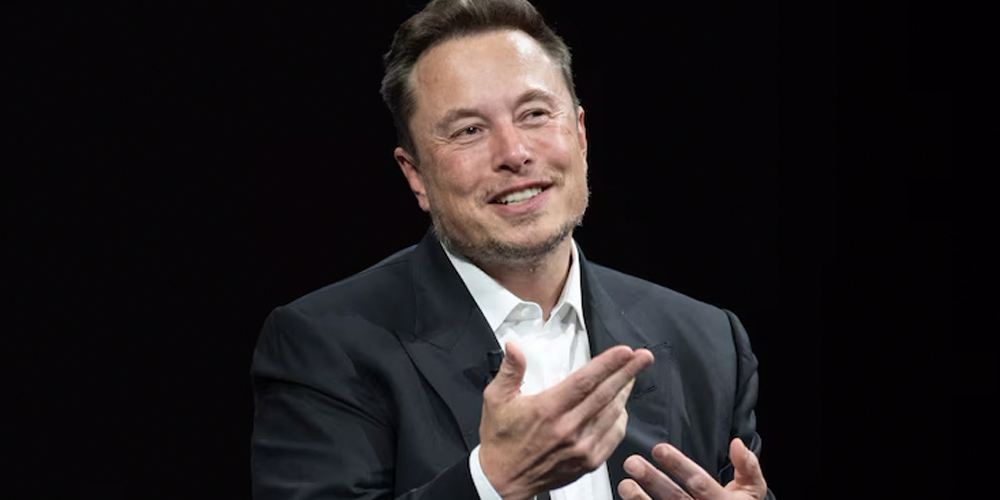
Neuralink: Merging Human Minds with Machines
In 2016, Musk co-founded Neuralink, a neurotechnology company focused on developing brain-machine interfaces (BMIs) to treat neurological conditions and potentially merge human minds with artificial intelligence (AI). Neuralink’s goal is to create devices that can be implanted into the brain to help treat diseases like Parkinson’s, Alzheimer’s, and spinal cord injuries.
While still in its early stages, Neuralink’s developments could have profound implications for the future of medicine and human cognition. Musk has spoken about the potential for BMIs to enhance human intelligence, enabling people to communicate directly with machines and even one another, bypassing traditional means of communication.
Though the company is still testing its technology, Neuralink’s potential to change the medical and technological landscape is immense, and Musk remains committed to advancing this project despite the significant ethical and technical challenges it faces.
The Boring Company: Revolutionizing Transportation Infrastructure
In 2016, Musk founded The Boring Company, an infrastructure and tunnel construction company with the goal of reducing traffic congestion in major cities. The company aims to develop an underground transportation system where passengers travel in high-speed autonomous electric vehicles through tunnels.
The Boring Company has already completed several successful tunnel projects, including the Loop system in Las Vegas, which transports passengers between major locations using autonomous electric vehicles. While still in its early stages, The Boring Company has the potential to revolutionize urban transportation, reducing congestion and making cities more efficient.
Leadership Philosophy and Business Practices
Musk’s leadership style is often described as unconventional, marked by his willingness to take risks, challenge the status quo, and pursue ambitious goals. He is known for his hands-on approach to business, often involving himself deeply in product development, engineering, and design. Musk is also known for his high expectations of his employees, demanding excellence and innovation at every level of the organization.
At the same time, Musk has been praised for his ability to inspire and motivate his teams. His passion for his companies’ missions is infectious, and he has built a culture of innovation and problem-solving within Tesla, SpaceX, and his other ventures. Despite facing criticism for his outspoken nature and controversial statements on social media, Musk’s results speak for themselves, as his companies continue to achieve unprecedented success.
Conclusion
Elon Musk’s journey from a young entrepreneur with a vision to one of the world’s most influential business men is a testament to the power of innovation, resilience, and ambition. From revolutionizing the electric vehicle industry with Tesla to redefining space exploration with SpaceX, Musk has proven time and again that he is not afraid to tackle the biggest challenges facing humanity. His ventures have not only transformed industries but have also pushed the boundaries of what is possible in the realms of technology, space, and human potential.
Musk’s story is far from over. With ongoing projects in space exploration, brain-machine interfaces, and sustainable energy, he continues to inspire the world with his vision of a better future. As a business man, Elon Musk exemplifies the qualities of a visionary leader, and his impact will be felt for generations to come.

